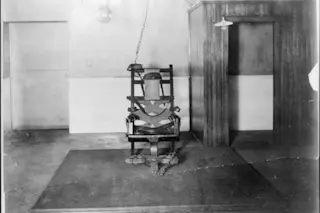The placebo effect - the phenomenon where fake medicines sometimes work if a patient believes that they should - is a boon to quacks the world over. Why it happens is still a medical mystery but thanks to a new study, we have confirmation that the spine is involved.
Frank Eippert from the University Medical Center Hamburg-Eppendorf used a technique caled functional magnetic resonance imaging (fMRI) to scan the backbones of volunteers as they experienced the placebo effect. Eippert heated the recruits' forearms to the point of pain and he gave them cream to soothe the sting. The creams were all shams with no pain-relieving properties, but only half of the recruits were told this. The others were told that they'd been given lidocaine, an anaesthetic.
Sure enough, the volunteers who used the alleged "anaesthetic" felt about a quarter less pain than those who were aware that they were using ...











